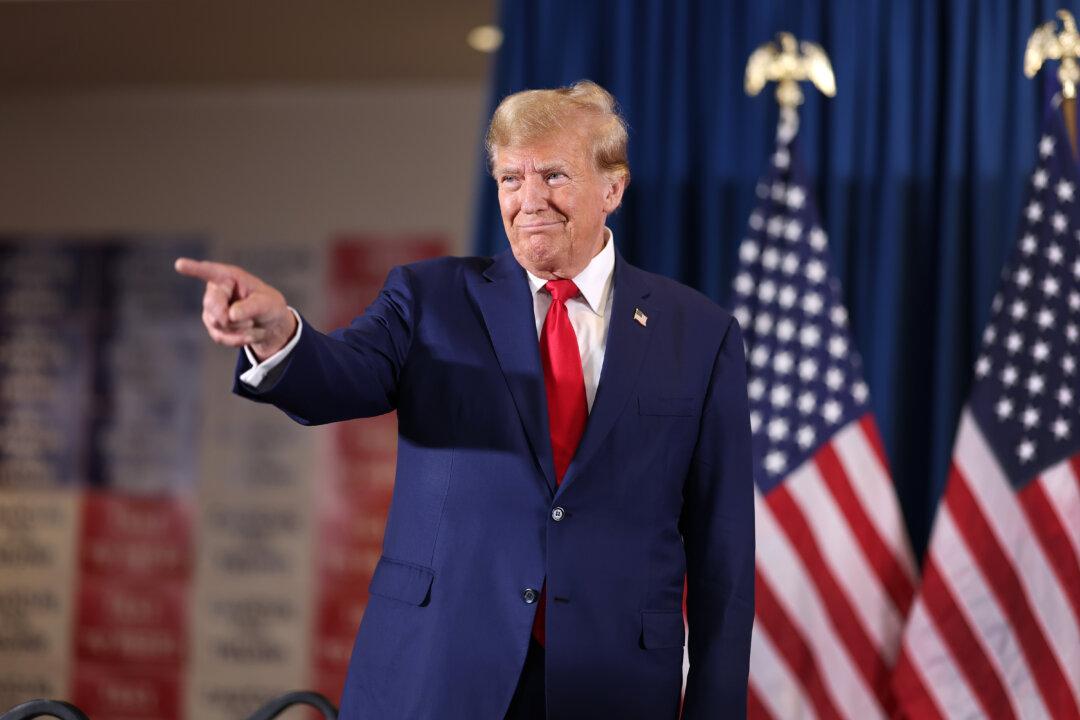A federal judge in Nevada has dismissed a lawsuit to keep former President Donald Trump off the state’s ballot, ruling that the political challenger lacked standing because he was “creating his own injury.”
John Anthony Castro, a long-shot GOP presidential candidate, has filed and lost several lawsuits against President Trump’s ballot eligibility in multiple states, citing the 14th Amendment’s insurrection clause.





